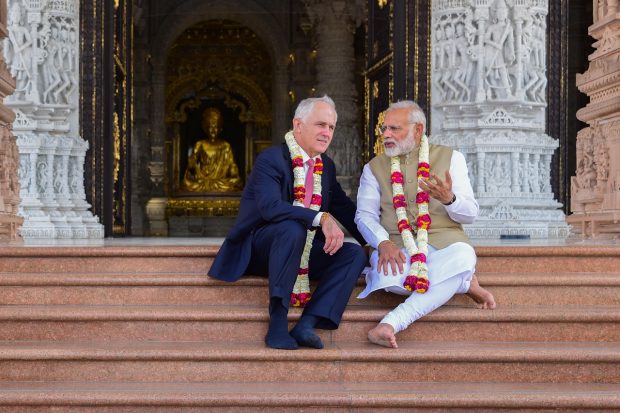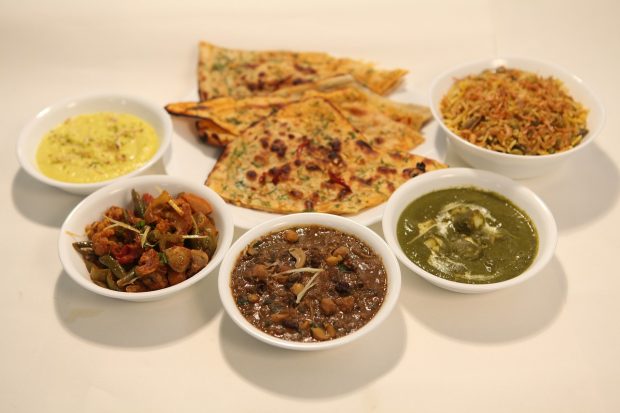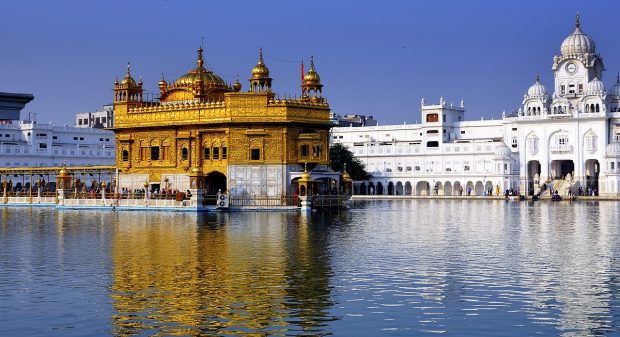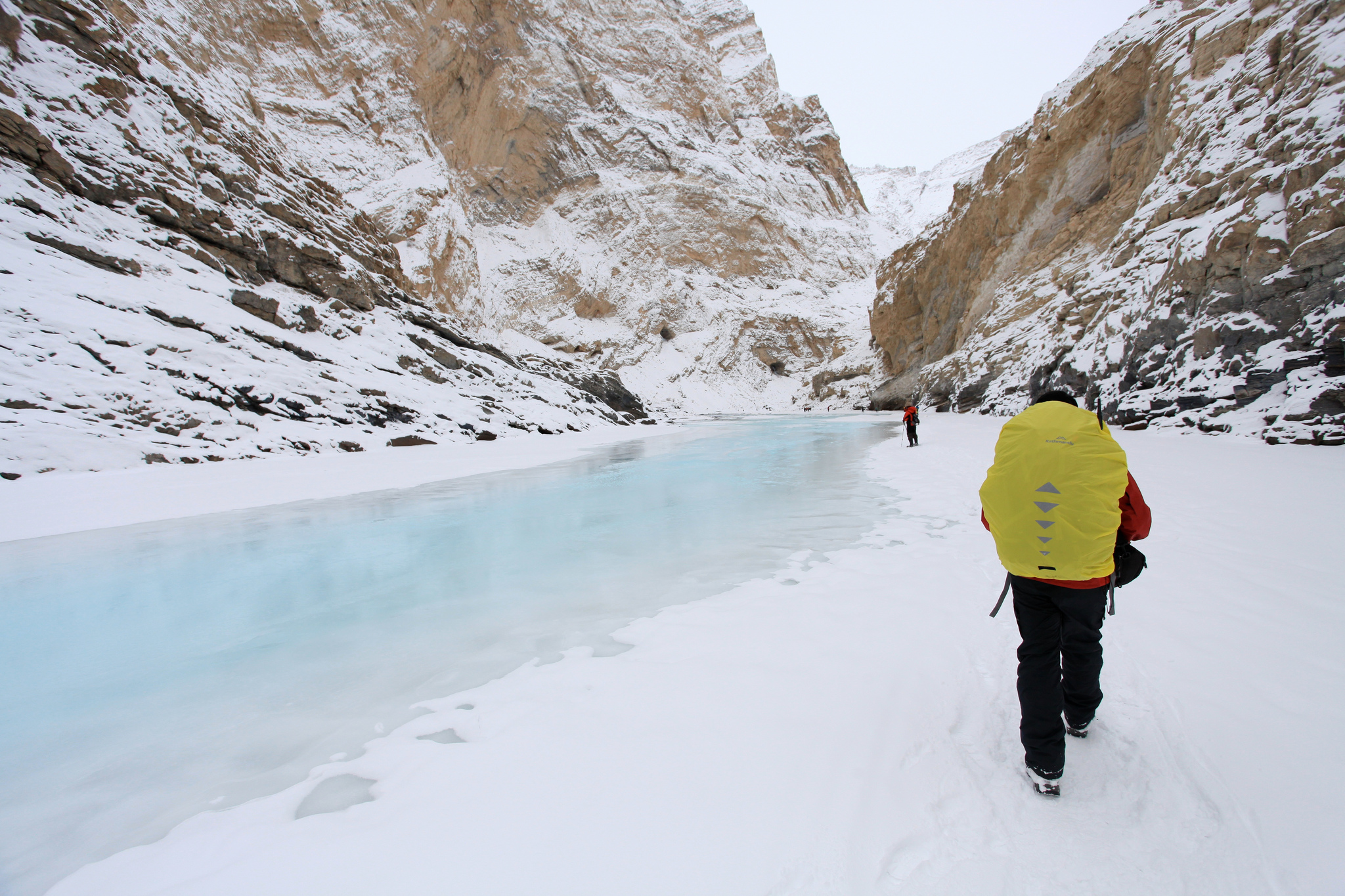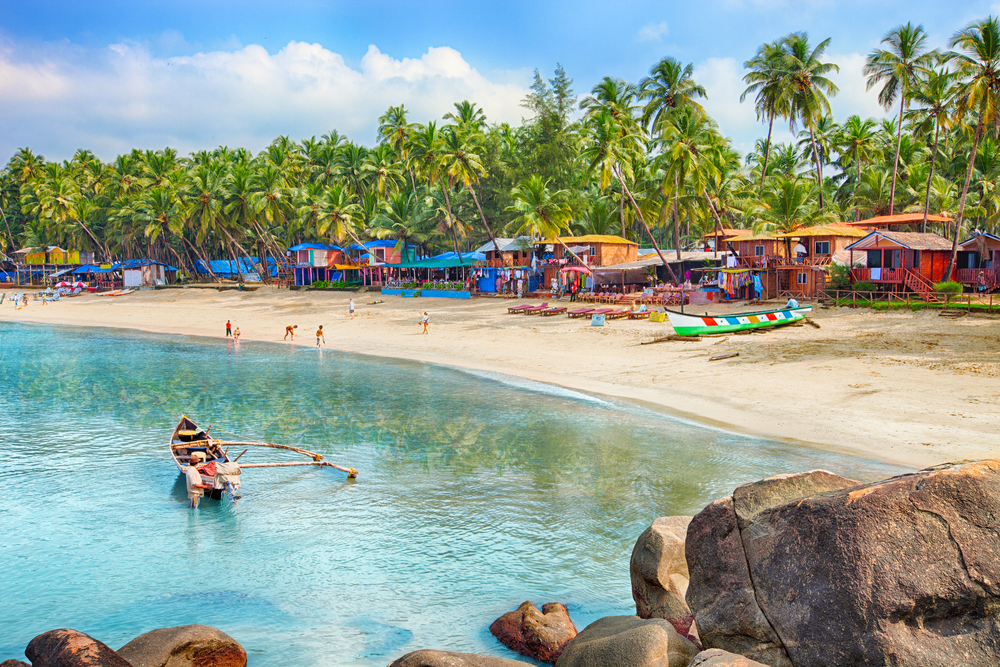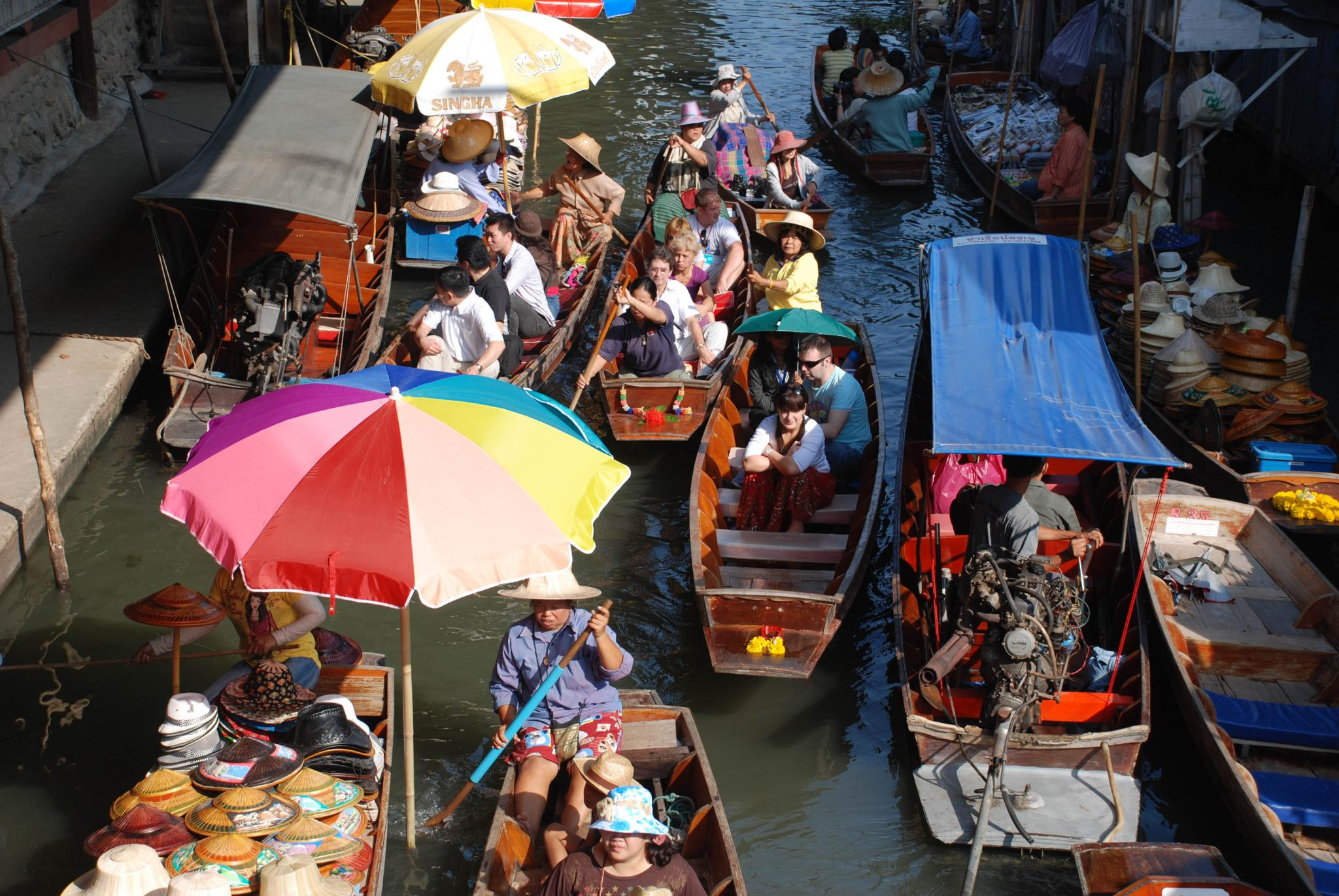Traveling to India can be a voyage of discovery. This massive South Asian country stretches from the coastline of the Indian Ocean to the peaks of the Himalayas. Inhabited by over a billion people, the country’s history reaches back five millennia.
In the north, the Taj Mahal mausoleum is a reminder of the once mighty Mughal Empire. Meanwhile, the magnificent Ganges river where crowds of pilgrims bathe flows in Varanasi, and at the base of the Himalayas is Rishikesh Yatra in Uttarakhand, a spiritual center for those asking the big questions about life.
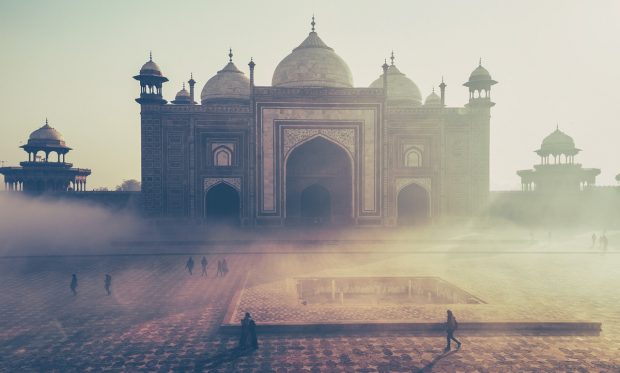
When making your travel plans, renew your passport, apply for a visa, and get your health shots well ahead of your intended departure date to avoid disappointment.
Like any trip, you must also plan for anything that might happen so that you will be able to enjoy your trip. Get travel insurance to help you out if you have a medical emergency. Ask your doctor for enough prescription medications to last for the whole trip. Lastly, arrange for someone to transfer money to you should you ever need more funds on the journey.
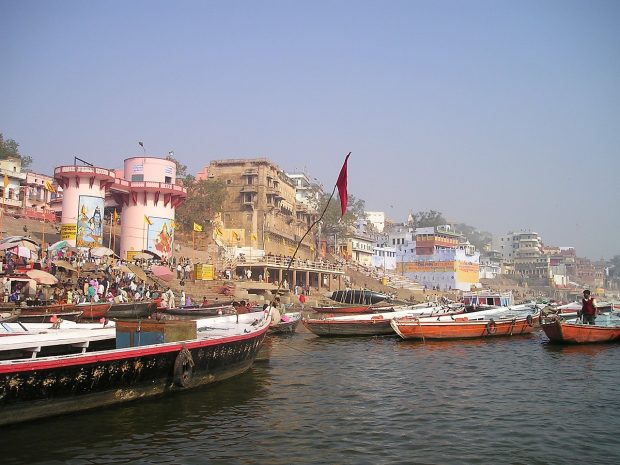
When visiting India, some places you should include in your itinerary are Goa, Delhi, Udaipur, and Amritsar.
Walk on the White Sands of Palolem in Goa
The beaches in Goa rank among the best in the world. Walk on white sand and wade out into the blue waters. You’ll find affordable beach huts to stay in a hospitable village. Enjoy the rustle of palm trees, drink coconut water, eat mangoes, and watch the sun dip behind Monkey Island, a chattering jungle at the farthest end of the beach.
Stare in Awe at the Akshardham Temple
Along the banks of the Yamuna River in Delhi is a vast cultural complex. Many visitors believe it is one of the most beautiful ancient temples in India. Thousands of Indian artisans have carved an otherworldly architecture. Although the outside of the temple is impressive enough, the inside is even more spectacular. Inexhaustible designs stretch from the walls to the pillars to the domed ceilings rising high above your head. The story of Hinduism is literally written on the walls. The best time to arrive is the hour before sunset. This is when the temple is completely lit up.
Enjoy a Thali in Udaipur
Although you may have eaten at many ethnic Indian restaurants, you can’t really say that you’ve truly sampled Indian cuisine until you enjoy a traditional Rajasthani thali. While there is some dispute about the best restaurant in Udaipur (the competition is fierce), Navidya Restaurant has an excellent reputation. Others, of course, say that the Nataraj, which is in Bapu Bazaar, should be considered the best. You’ll have to decide for yourself. You won’t be shown a menu—instead, you’ll eat what is served that day. Some dishes are sweet, others spicy; all are delicious. You’ll enjoy a rich variety of vegetable dishes, adding yet more flavor with chutney. There are no rations on fresh, hot chapati to enjoy your meal. It’s an all-you-can-eat deal for less than $2, and there is a good chance you might not know when it’s a good time to stop.
Visit the Golden Temple in Amritsar
Designed by Guru Arjan himself, the Golden Temple in Amritsar, Punjab, is also known as Sri Harmandir Sahib or Darbar Sahib. One of the most revered sites in the religion of Sikhism, you will be stunned by the shimmering gold and the hospitality. Langhar Hall, the community dining hall, feeds an astonishing 100,000 people a day. What’s more, the meals are free. You walk in, find a space on the floor, sit down, and the food is dished out. After you eat, you are expected to leave so that another group can enter. There is not much conversation in the hall, everyone is too preoccupied with enjoying their meal—although many will nod and smile if you catch their eye. Most of the convivial conversations happen outside.
India is an ancient culture, rich in tradition, philosophy, and the splendor of a forgotten past. You should never ask if you should go to India. Instead, you should try to decide when you should go, where you should go, and how long you should stay.


